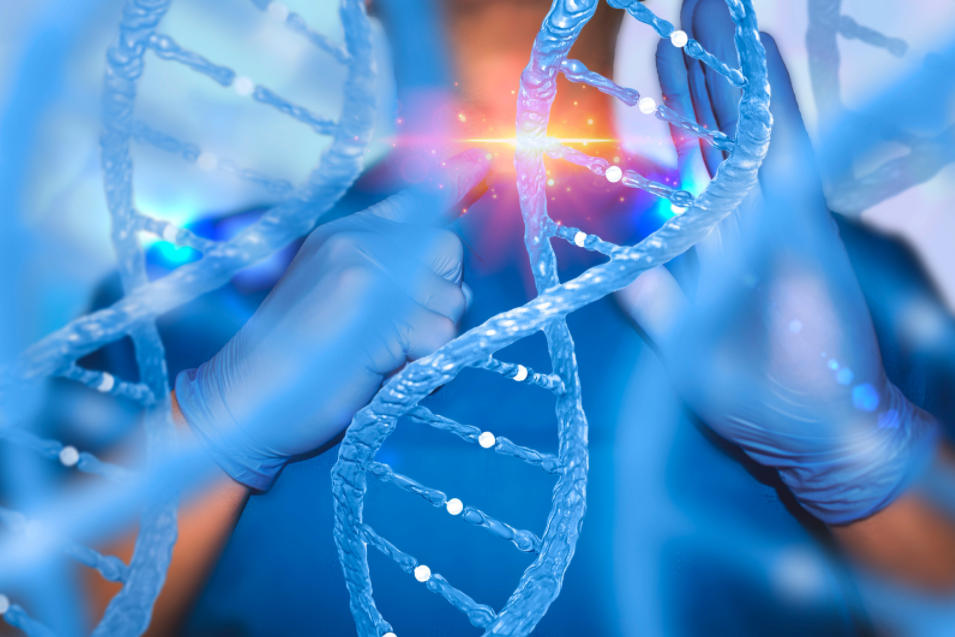
One out of every 200 children is born with hearing loss, and one out of every thousand is born deaf. Genetic alterations - also known as genetic mutations - are a major cause of deafness.
In Israel, a team of researchers led by Professor Karen Avraham of the Department of Human Molecular Genetics and Biochemistry at Tel Aviv University's Sackler Faculty of Medicine and Sagol School of Neuroscience is studying a gene therapy model that would inject a virus containing a functional copy of a gene into the inner ear to replace the non-working copy of the gene, and restore hearing. Using mouse models, this team specifically targeted SYNE4, a gene they discovered that causes a rare form of deafness. They then developed a synthetic virus and used it to deliver a working copy of SYNE4 to the inner ears of these mice shortly after birth. They monitored their hearing and found that the inner ear hair cells, which are critical for hearing, were able to develop. In fact, this approach worked so well that the level of restored hearing almost rivaled that of normal hearing. Due to the promising results observed in this study, the team is now looking at some other genetic mutations associated with deafness.
What this means for individuals with Usher syndrome: The experimental therapy in this study was administered to mice shortly after birth. The results are extremely promising and, one day, we may be able to offer this treatment to newborns who are born deaf, enabling them to grow up with the gift of sound.
Image Description: A double-stranded DNA is floating in a blue background. A small break in the DNA (orange flare) represents the spot where gene therapy would take place, replacing the non-functioning copy of the gene with a functioning one.







